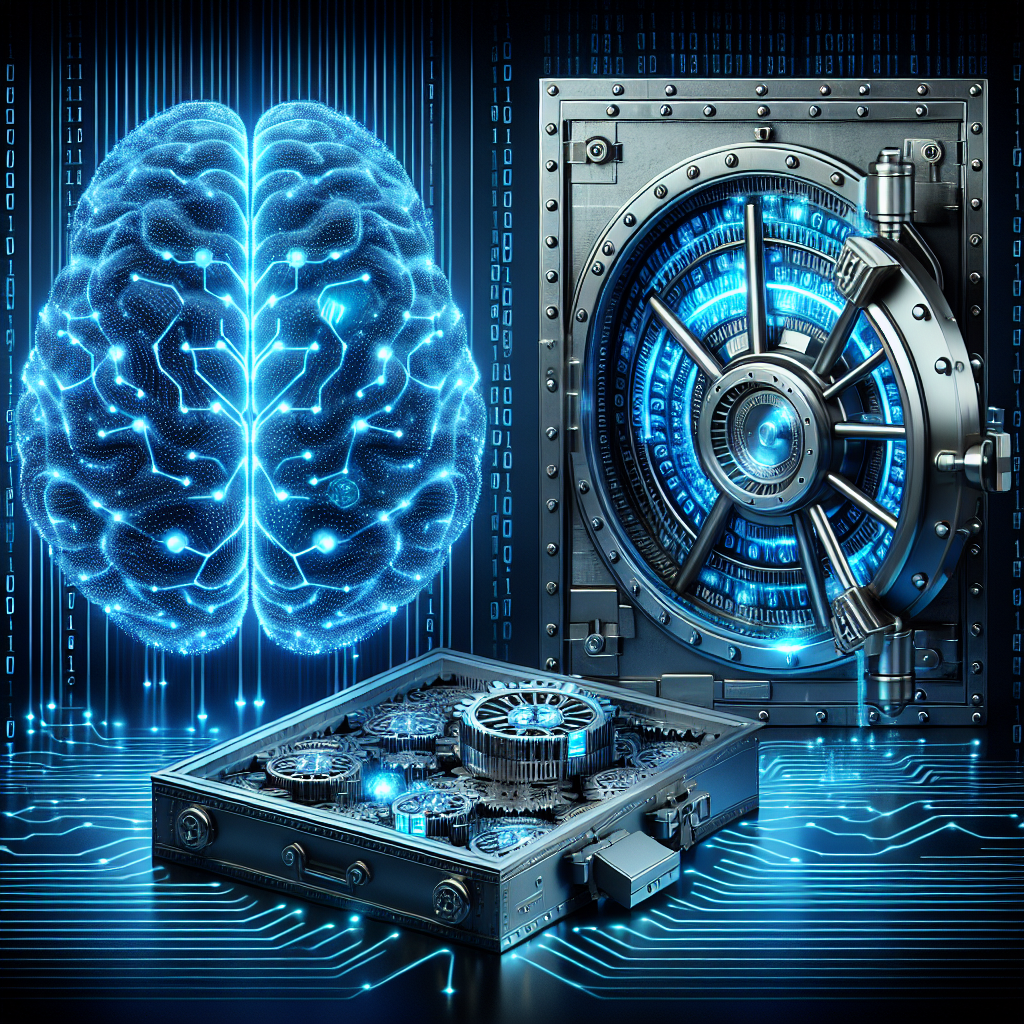In recent years, data privacy breaches have become a major concern for individuals, organizations, and governments alike. With the increasing use of technology and the collection of vast amounts of data, the risk of data breaches has also grown. One of the factors that have contributed to this risk is the use of artificial intelligence (AI) in various aspects of data management. While AI has the potential to revolutionize many industries and improve efficiency, it also poses significant challenges when it comes to protecting data privacy.
The Role of AI in Data Privacy Breaches
AI has the ability to analyze and process vast amounts of data at speeds that are impossible for humans to achieve. This makes it a valuable tool for organizations looking to extract insights from their data and make informed decisions. However, this same capability also makes AI a potential threat to data privacy. Here are some of the ways in which AI can contribute to data privacy breaches:
1. Data Collection: AI systems often rely on large amounts of data to train their algorithms and improve their performance. This data can include personal information such as names, addresses, and contact details. If this data is not properly secured, it can be vulnerable to unauthorized access and misuse.
2. Data Analysis: AI algorithms are designed to identify patterns and trends in data, which can sometimes include sensitive information. If these algorithms are not properly secured, they can inadvertently reveal personal information that should be kept confidential.
3. Predictive Analytics: AI systems are often used to make predictions based on historical data. While this can be a powerful tool for organizations looking to improve their decision-making processes, it also raises concerns about the potential misuse of personal data.
4. Cybersecurity: AI systems are also being used to detect and prevent cyber threats. However, if these systems are compromised, they can themselves become a threat to data privacy.
5. Biometric Data: AI systems are increasingly being used to analyze biometric data, such as facial recognition. While this technology has many potential uses, it also raises concerns about the privacy and security of personal information.
FAQs
1. How can organizations protect data privacy when using AI?
Organizations can protect data privacy when using AI by implementing robust security measures, such as encryption, access controls, and regular audits of their AI systems. They should also ensure that they are compliant with relevant data protection regulations, such as the General Data Protection Regulation (GDPR) in the European Union.
2. What are some best practices for securing AI systems?
Some best practices for securing AI systems include conducting regular security assessments, monitoring for unusual activity, and training employees on data privacy best practices. Organizations should also consider implementing multi-factor authentication and encryption to protect sensitive data.
3. How can individuals protect their data privacy in an AI-driven world?
Individuals can protect their data privacy in an AI-driven world by being cautious about the information they share online, using strong passwords, and regularly updating their security settings. They should also be aware of the privacy policies of the websites and apps they use and exercise caution when sharing personal information.
4. What are the potential risks of AI in data privacy breaches?
Some potential risks of AI in data privacy breaches include unauthorized access to personal information, misuse of sensitive data, and the potential for discrimination and bias in AI algorithms. Organizations should be aware of these risks and take steps to mitigate them.
In conclusion, while AI has the potential to revolutionize many industries and improve efficiency, it also poses significant challenges when it comes to protecting data privacy. Organizations and individuals must be vigilant in safeguarding their data and implementing best practices to minimize the risk of data breaches. By understanding the role of AI in data privacy breaches and taking proactive measures to address these risks, we can ensure that the benefits of AI are realized without compromising our privacy and security.

